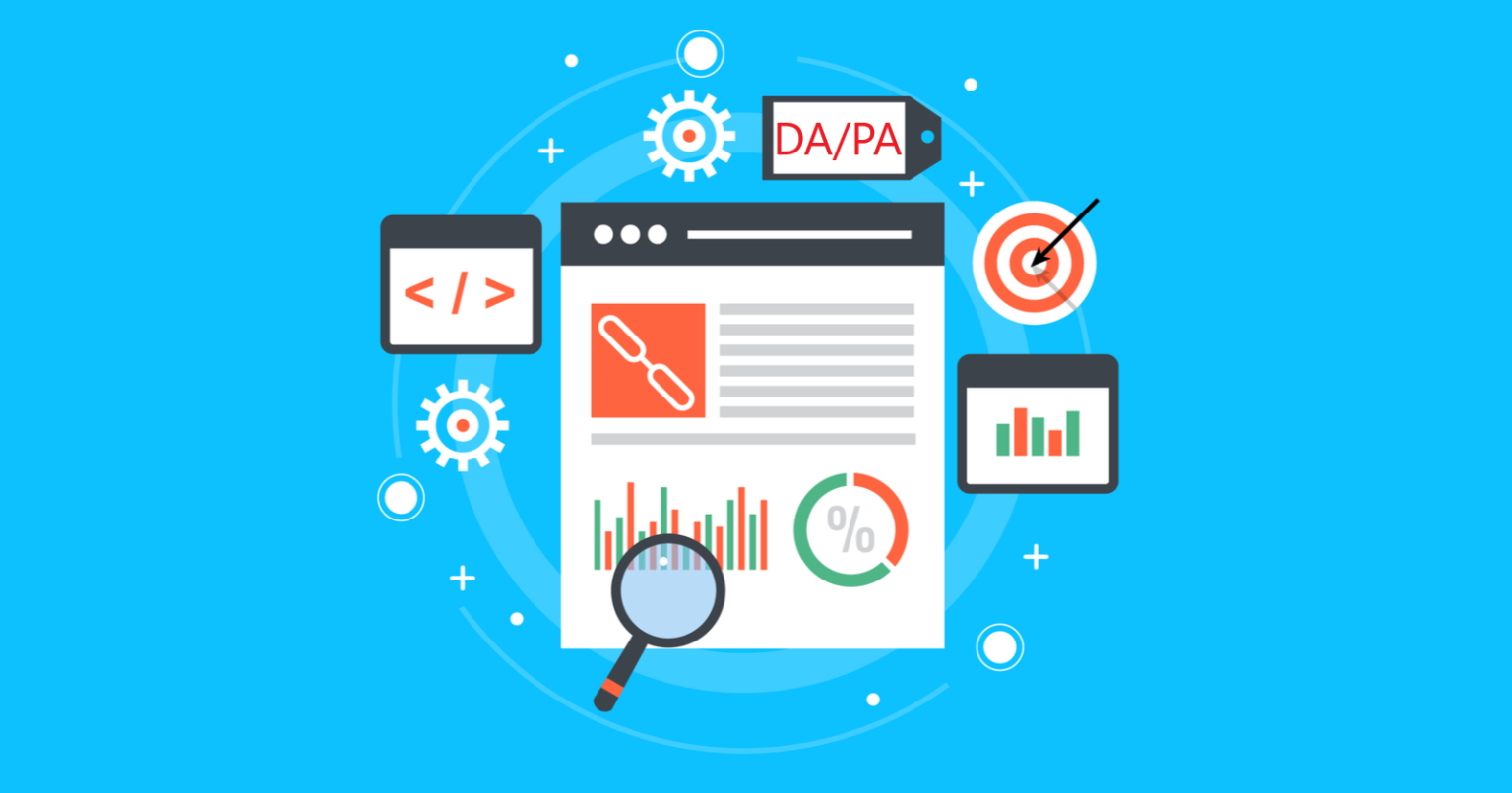The impact of AI on search engine algorithms: how to stay ahead of the curve!
Search engine algorithms are the backbone of search engines, and they are responsible for determining which web pages to display in search engine result pages (SERPs) for specific search queries. Over the years, search engine algorithms have evolved significantly, and one of the significant contributors to this evolution has been the application of artificial intelligence (AI) algorithms.
In this article, we will discuss the impact of AI on search engine algorithms and explore
How can businesses stay ahead of the curve by leveraging this technology?
The Role of AI in Search Engine Algorithms
Artificial intelligence refers to the ability of machines to mimic human intelligence and decision-making. In the context of search engine algorithms, AI is used to analyze and interpret vast amounts of data to determine the relevance and importance of web pages for specific search queries.
AI algorithms can identify patterns, detect anomalies, and make predictions based on past data. They can also learn from user behavior and improve their accuracy over time.
Ranking Factors and Google Updates
Google is the most popular search engine, and it uses over 200 ranking factors to determine the relevance and importance of web pages. These ranking factors include on-page factors, such as the quality of content and the use of keywords, as well as off-page factors, such as the number and quality of backlinks.
Google also releases regular updates to its algorithm to improve the quality of its search results and to address any manipulation of the search engine rankings.
How is AI Impacting Search Engine Algorithms?
The application of AI algorithms in search engine algorithms has significantly impacted how search engines rank web pages. AI has made it possible for search engines to analyze vast amounts of data, identify patterns, and make predictions based on user behavior. AI algorithms can also evaluate the quality of web pages more accurately, which means that search engine rankings are becoming more personalized and relevant to individual users.
For example, search engines can now use natural language processing (NLP) to understand the intent behind a user’s search query, which means they can provide more accurate and relevant search results.
How to Stay Ahead of the Curve?
To stay ahead of the curve in search engine optimization (SEO), businesses need to understand how AI is impacting search engine algorithms and adapt their strategies accordingly. Here are some tips on how to stay ahead of the curve:
- Focus on User Experience: AI algorithms prioritize user experience, so businesses should focus on creating high-quality, relevant, and engaging content that meets the needs of their target audience. They should also ensure their websites are easy to navigate, load quickly, and provide a seamless user experience across all devices.
- Use Structured Data: Structured data provides context to search engines, which makes it easier for them to understand the content of web pages. By using structured data, businesses can improve their search engine rankings and enhance their visibility in SERPs.
- Optimize for Voice Search: The rise of voice assistants and smart speakers means more people are using voice search to find information online. Businesses should optimize their content for voice search by using natural language, long-tail keywords, and answering common questions that their target audience may have.
- Monitor Google Updates: Google releases regular updates to its algorithm, and these updates can significantly impact search engine rankings. Businesses should monitor these updates and adjust their SEO strategies accordingly to stay ahead of the curve.
Conclusion
The impact of AI on search engine algorithms has been significant, and businesses need to adapt their SEO strategies to stay ahead of the curve. By focusing on user experience, using structured data, optimizing for voice search, and monitoring Google updates, businesses can improve their search engine rankings and enhance their visibility in SERPs.
With the right strategy, businesses can leverage the power of AI to drive traffic to their websites and grow their online presence.














